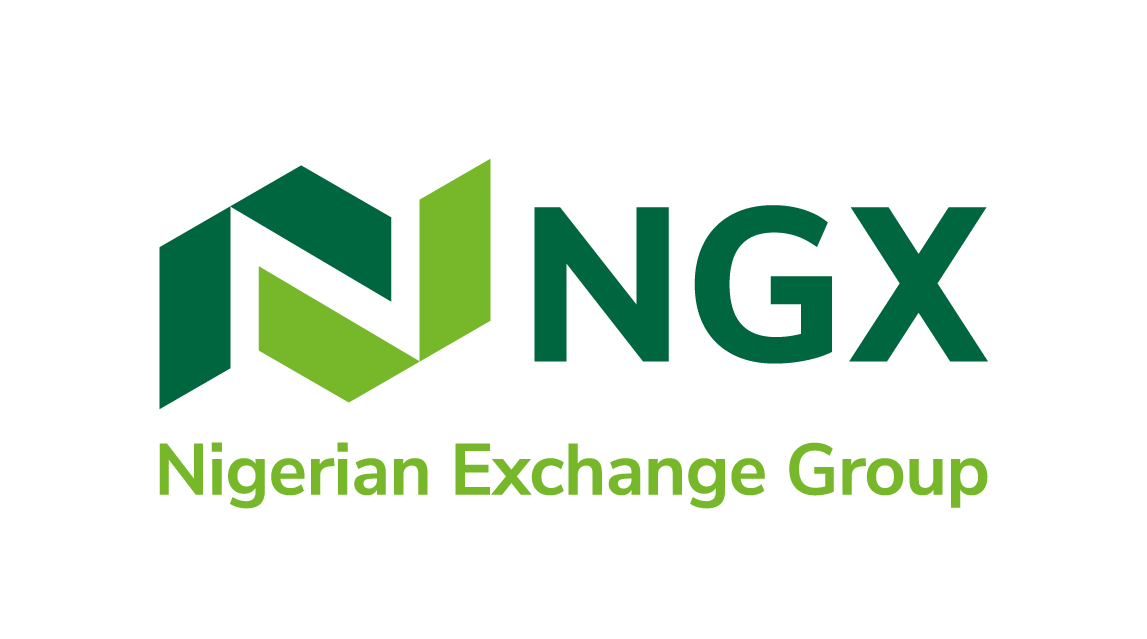On April 4, 2011, Oscar Onyema opened trading on the exchange by ringing the bell, as he began his journey as the new Chief Executive Officer of the Nigerian Stock Exchange. With this started a new era at the Nigerian Stock Exchange.
He assumed that position with a belief anchored on the fact that “there is really nothing new under the sun. You just have to replicate everything and make sure that whatever you are doing is very suitable for the local market.” With that mindset, he set off, with other members of his team, on a rescue mission that ultimately turned around the fortunes of the local stock market.
This piece is not about Onyema, who has since ended his mission at the NGX Group. Nor is it about the NGX. Rather, it is about the roles that principles play in restructuring systems, be they economies, sectors, or just institutions. A new CEO may appear on stage with an elegant blueprint, but without being anchored on principles that govern the system in question, the blueprint will end just there: a well-polished document that lacks applicability or efficiency.
It is in this context that the change in the foreign exchange allocation system in Nigeria must be viewed. From today, August 7, 2024, a new trading system will be used to allocate foreign exchange to companies and individuals who wish to purchase these resources. It is called the Retail Dutch Auction System. This is courtesy of the decision by the Central Bank of Nigeria to reintroduce this system.
- We’re committed to efficient implementation of student’s loan initiative-Reps
- Nigerians in Americas urge N/ Assembly to support diaspora voting
As a means of allocation of resources, the Dutch Auction System operates through a descending pricing system, where bidders offer prices they wish to pay for a resource. As the prices are offered, the resource (in this case forex) is allocated to the bidders according to the prices they offer. This continues until the quantity on offer is exhausted. This way, it helps to achieve two things: efficiency and price discovery.
This is not our first encounter of the use of the DAS as a system of forex allocation. As a young reporter covering military President Ibrahim Babangida’s Structural Adjustment Programme, I wrote stories on the use of the DAS by the authorities to manage the liberalisation of the foreign exchange market. SAP, launched in July 1986, was hinged on market liberalism, and one of the first markets where this new doctrine berthed was the forex market.
The overarching policy thrust of SAP was the removal of inefficiency through liberalisation, and there was hardly any area of the economy with a greater level of inefficiency than the forex exchange market. The naira was overvalued. On top of this overvaluation was a superstructure of corruption that sustained, for instance, an import licensing system that ended up raising the value of the imports before the goods arrived. The market system was absent in that environment.
One account by the World Bank painted the prevalent situation thus: “In 1985, the spread between the official and parallel markets exceeded 300 per cent. Import licenses, moreover, were issued in accordance with an arbitrary foreign-exchange budget allocation system. Those who managed to get import licenses benefitted while exporters and producers of import substitutes lost out.”
The first forex auction under SAP was in September 1986. The auction led to the depreciation of the naira from an exchange rate of N1.33 per dollar to N4.6 per dollar, according to one account by the World Bank.
Over time, Nigeria has experimented with both the Weighted Dutch Auction System (wDAS) and the Retail Dutch Auction System (rDAS), which is the format the CBN has chosen now. The rDAS is regarded as a direct sale of forex by the CBN through the banks to the end users of the resources, in this case, forex. The sale is determined by the effective demand of forex by the end users of the forex. For this reason, the banks bid on their customers based on the demand of such customers.
In wDAS, the price at which the forex is sold is determined by a weighted average of all the prices offered. Such prices of course would have been offered by the prospective buyers as they respond to the very high prices asked by the auctioneer.
Policymaking is iterative. It is a continuing search for an optimal set of actions that can produce the best possible results in the context of set goals. It does not matter if the action or actions have been applied before. A new iteration with the same policy variables with perhaps a different configuration could produce a better outcome than was achieved earlier.
To a great extent, this is the challenge that most appointees to new positions face. In a bid to get so many things done, they sometimes miss the points by engrossing themselves with projects or programmes that fail to deal with the real issues at play.
This is the matter with the state of the Nigerian economy right now. It requires a complete turnaround, which the government has begun to address through its reform programmes. Yet, this remains that the principles that govern an economy must be allowed to be central to issues that shape the government’s actions. It cannot be another way.

 Join Daily Trust WhatsApp Community For Quick Access To News and Happenings Around You.
Join Daily Trust WhatsApp Community For Quick Access To News and Happenings Around You.


